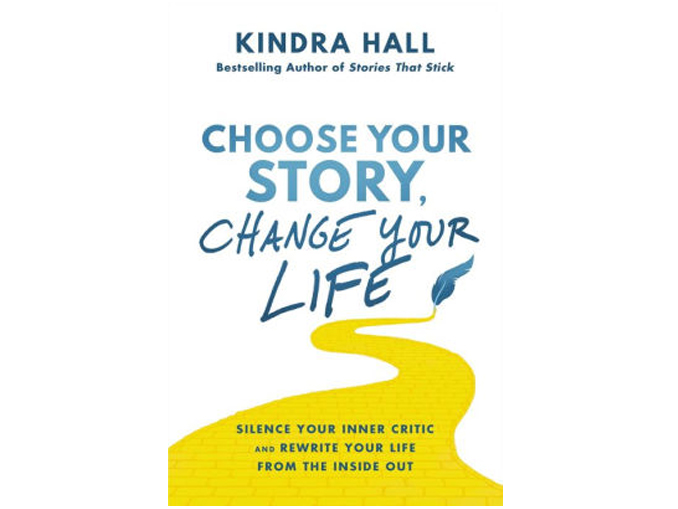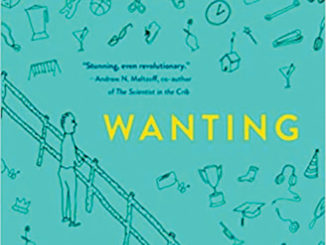Reviewed by Susan Fader, FaderFocus, New York Metro, New York, susanfader@faderfocus.com
Effective stories are sticky, so the listener remembers them and thus, they have impact on thinking and behavior. Stories play a large role in the world of business as an effective vehicle to convey research findings, provide planning direction, as well as create connections between a brand/service and the consumer.
However, while we pay a lot of attention to crafting, sharing, and thinking about these types of stories, most of us are barely aware of the personal self-stories we tell ourselves, even though these self-stories affect how we see ourselves, how we behave, and how we make both small and large life choices. In many cases, these self-stories can have a negative effect and impede our happiness, interpersonal behavior, and overall business success.
Kindra Hall is currently the chief storytelling officer at Success Magazine; as a storyteller consultant, she has guided many Fortune 100 companies on how to strategically apply storytelling to communication challenges. She has written a very insightful and readable book focusing on self-stories and why many of us need to change some of the ones we have. Hall’s Choose Your Story, Change Your Life points out that in most cases, these self-stories are subconscious, and we don’t even realize that they are shaping our perceptions, affecting our behavior, and guiding our choices as we go through daily life. In other words, in many situations we are not even aware we behave in a certain way because our self-stories have convinced us of the “right” way we should think and behave. Her message is that your self-image has less to do with reality and more to do with the stories you choose to tell about yourself. Self-stories can be roadblocks that stop you from quitting a job you hate, even when you are offered an amazing opportunity. Or, they can be the reason you have trouble forming a long-term relationship or even why you have trouble losing weight.
Her book is full of bite-sized, easily digestible, helpful examples of self-story sabotage—many which adversely affect personal happiness—and the reader should be able to find many relatable examples.
Hall recognizes that changing your self-stories is not easy and that you should “expect your existing stories to be tenacious… they’re wired in. They have a foothold, and frankly, they don’t give it up… expect (changing self-stories) to be a process. Expect it not to be easy—but also not impossible.”
She also points out, “Old stories hang around. They may always be there. Even when I’ve replaced a story that doesn’t serve me, I prefer to think of my old stories as part of me. They’re like an old photograph of a bad haircut that I can point to and say, ‘That was me once, but it’s not me anymore.’”
But first, you have to uncover these buried self-stories that you are not even conscious of, and Hall shares a plethora of mini-case studies that provide the techniques for unearthing them. Then you have to go through the self-diagnostics of understanding why you created a particular self-story—Hall shares her list of six questions to help you decipher the mystery. Finally, she provides the tools—with multiple concrete examples—for not of how you can change your self-stories.
I thought Hall’s sharing of specific personal examples of her detrimental self-stories and how she changed them contributed to making this a very relatable and helpful book as well as one beneficial to the reader. By reading this book, you will find out how the Wizard of Oz, ruby slippers, and the yellow brick road were the inspiration for Hall’s career.
|
Two master storytellers share more examples of how changing the story can change the outcome. Lisa Lipkin’s Summer 2020 VIEWS articleand Zoe Billington’s Fall 2021 VIEWS profile of Luminary Nancy Cox. |




